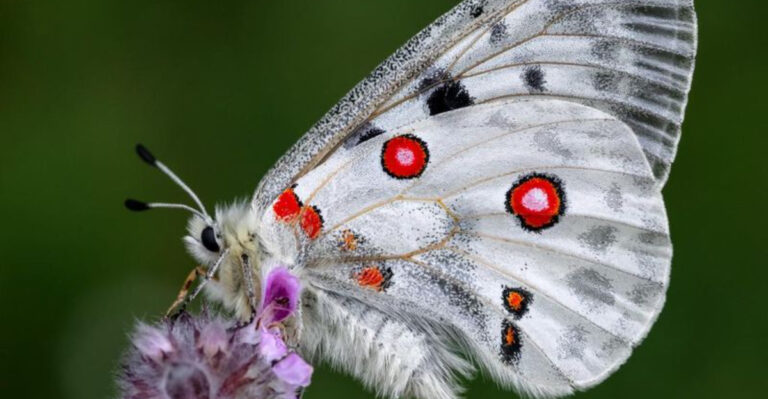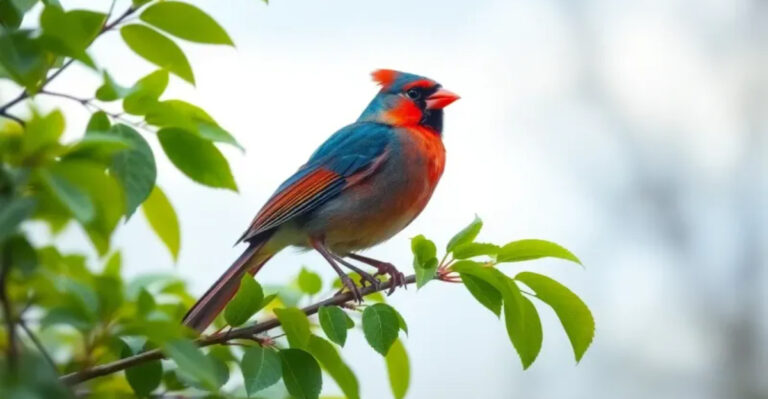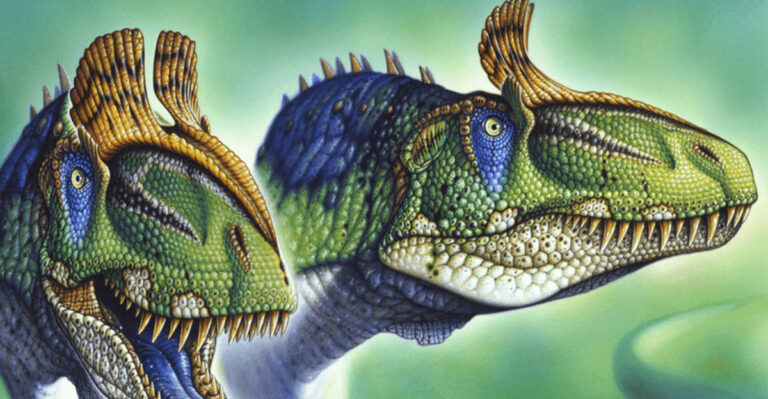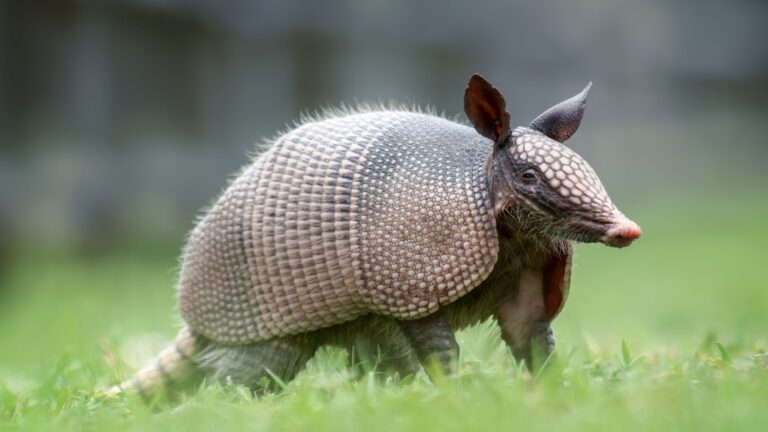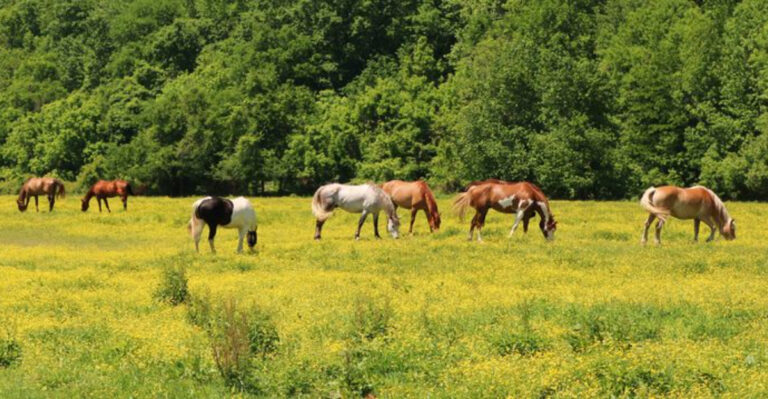15 Dog Breeds That Rarely Show Aggressive Behavior
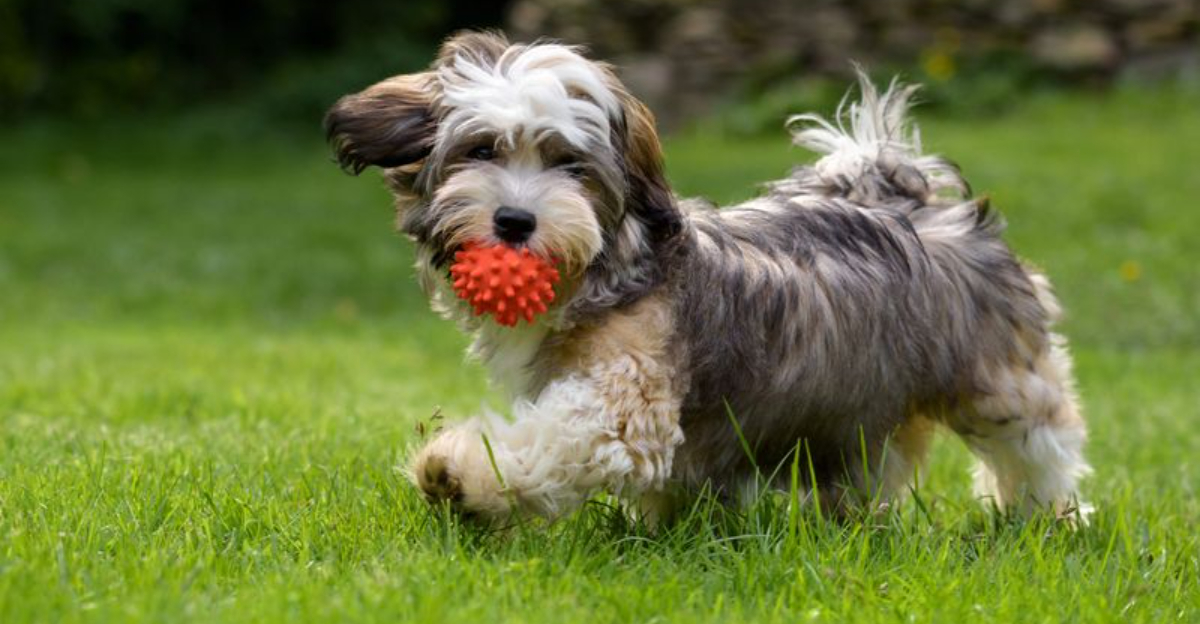
Dogs come in all shapes, sizes, and personalities, but some breeds stand out for their exceptionally gentle nature. While all dogs need proper training and socialization, certain breeds are naturally less prone to aggression.
If you’re looking for a four-legged friend with a sweet disposition, these canine companions might be perfect for your family.
1. Golden Retriever
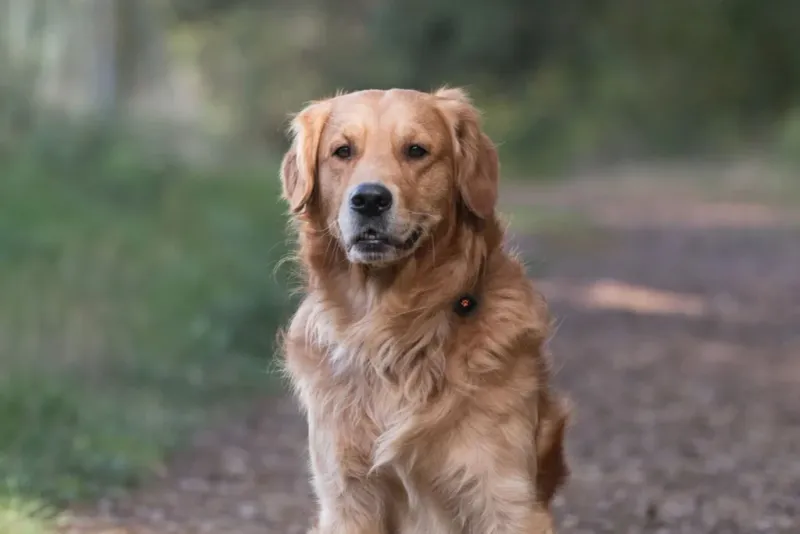
Sunshine in dog form, Golden Retrievers greet the world with wagging tails and happy smiles. Their patient temperament makes them excellent therapy dogs and family companions.
They’re naturally gentle with children and seem to understand human emotions intuitively. Aggression is so rare in well-bred Goldens that it’s considered completely out of character for the breed.
2. Labrador Retriever
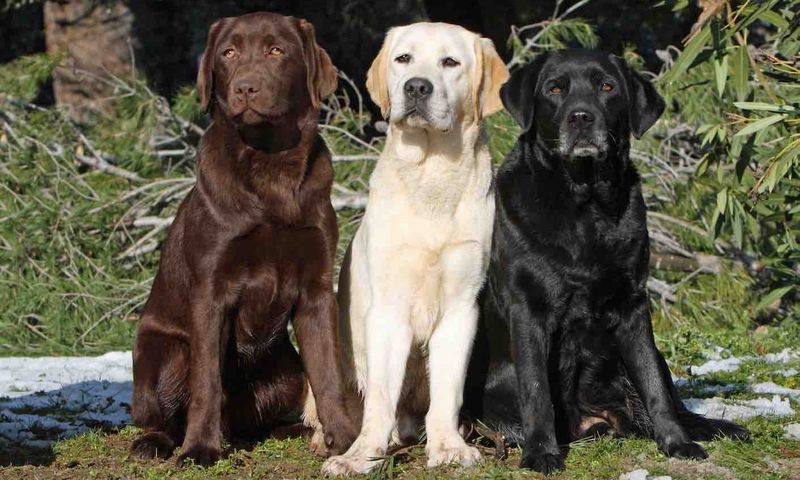
America’s favorite dog for good reason! Labs combine boundless enthusiasm with a remarkably mellow attitude. Their forgiving nature means they rarely hold grudges, even when accidentally stepped on.
Did you know? Despite carrying the name ‘Labrador,’ these lovable pups actually originated from Newfoundland. Their water-resistant coat and webbed feet make them natural swimmers with a perpetually happy outlook.
3. Beagle
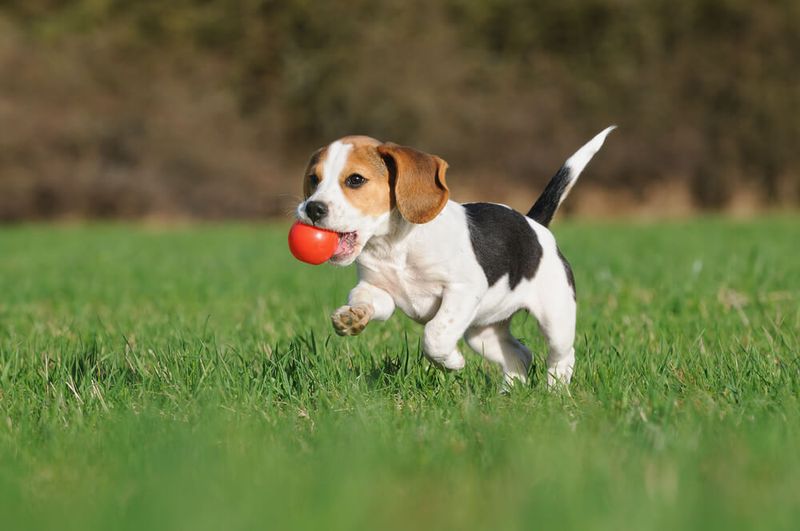
Those floppy ears hide a social butterfly! Beagles approach life with curiosity rather than suspicion. Originally bred as pack hunters, they’re hardwired for harmonious group living.
Their expressive eyes and melodious howls communicate joy, not threat. While they might chase your cat out of hunting instinct, true aggression toward humans or other dogs is exceedingly uncommon in these charming hounds.
4. Basset Hound
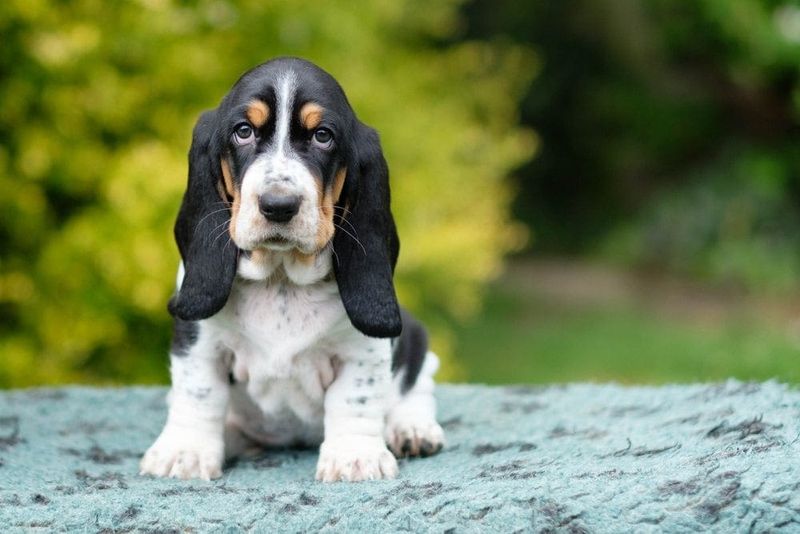
With those droopy eyes and long ears, Basset Hounds seem designed for maximum mellowness. Their short legs keep their pace slow, matching their unhurried approach to life.
These scent hounds would rather follow an interesting smell than pick a fight. Bassets typically respond to confrontation by simply wandering away, their easygoing nature making them excellent companions for multi-pet households.
5. Cavalier King Charles Spaniel
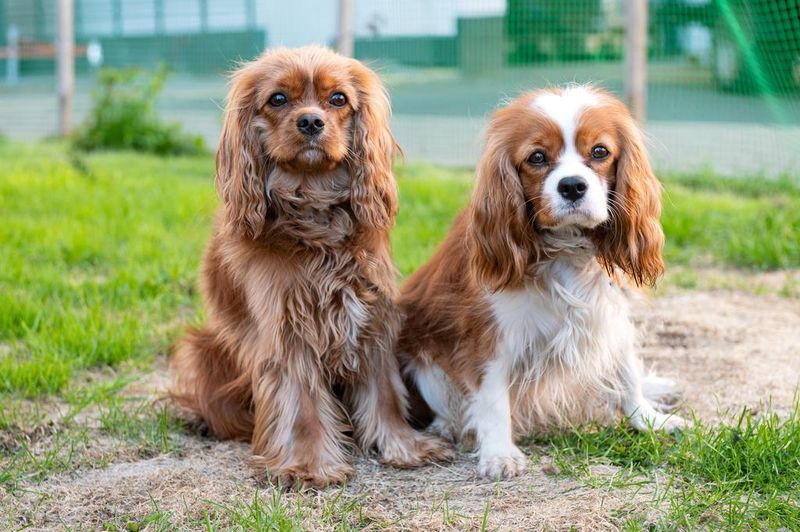
Royal by name and nature, these elegant spaniels carry themselves with quiet dignity. Their soft, expressive eyes seem to radiate pure love.
Cavaliers thrive on human connection, often following their people from room to room. Historical tidbit: They were bred specifically to warm the laps of nobility, explaining their instinctive desire to cuddle rather than confront.
6. Newfoundland
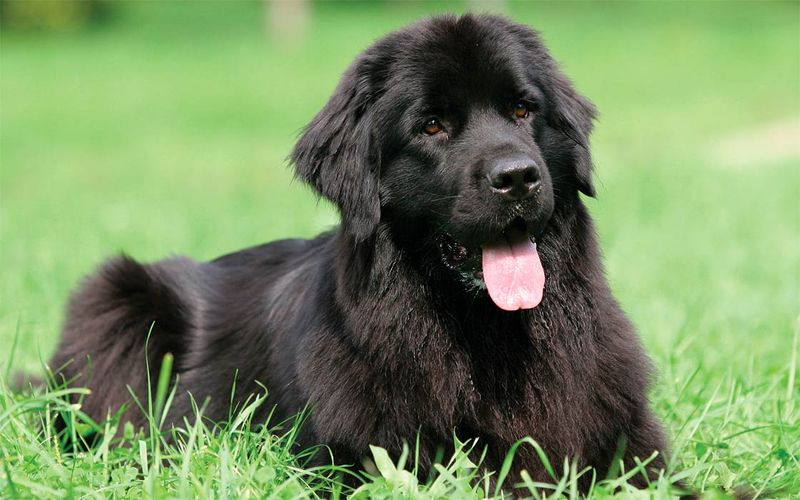
Nicknamed ‘nanny dogs,’ Newfoundlands possess an almost supernatural patience with children. Despite weighing up to 150 pounds, they move with surprising gentleness around smaller creatures.
Their protective instinct manifests as watchfulness, not aggression. Famous Newfie Seaman accompanied Lewis and Clark on their expedition, demonstrating the breed’s historically reliable temperament even in challenging situations.
7. Greyhound
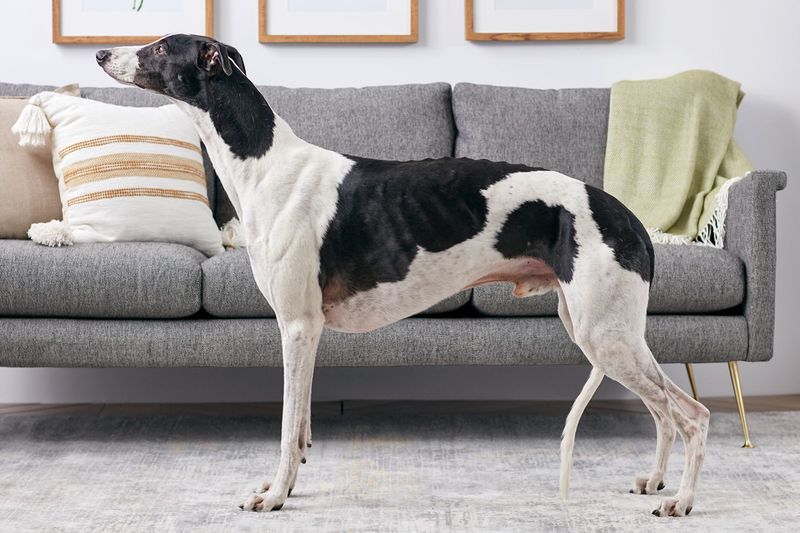
Forget the racing stereotype – off the track, Greyhounds are the ultimate couch potatoes! These elegant speedsters spend about 18 hours daily sleeping, preferring relaxation to confrontation.
Their sensitive nature makes them surprisingly shy with strangers. Owners affectionately call them ’45mph couch potatoes’ because they sprint briefly, then nap extensively, their peaceful temperament making them wonderful apartment dwellers.
8. Shih Tzu
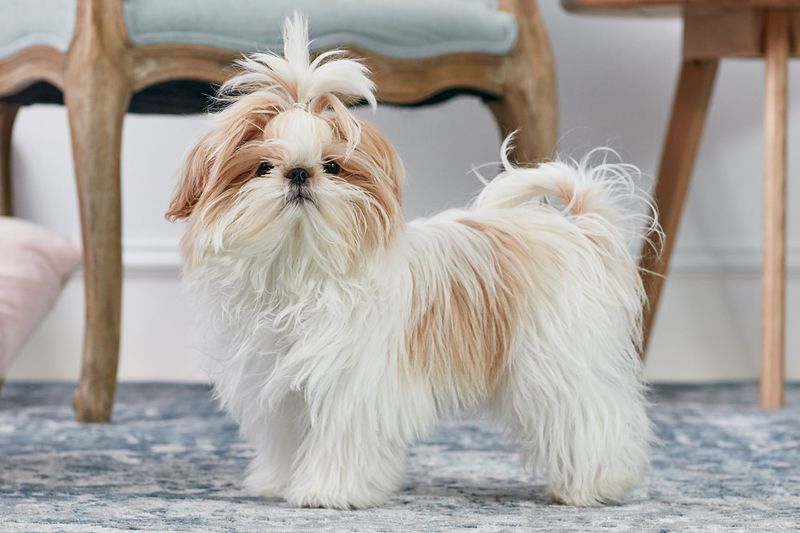
Bred exclusively as companions for Chinese royalty, Shih Tzus never developed hunting or guarding instincts. Their name literally means ‘little lion,’ but their personality couldn’t be further from fierce!
These little charmers approach strangers as potential new friends. With their flowing coats and bright eyes, they prefer being adorable to intimidating, making them excellent therapy dogs despite their small size.
9. Boxer
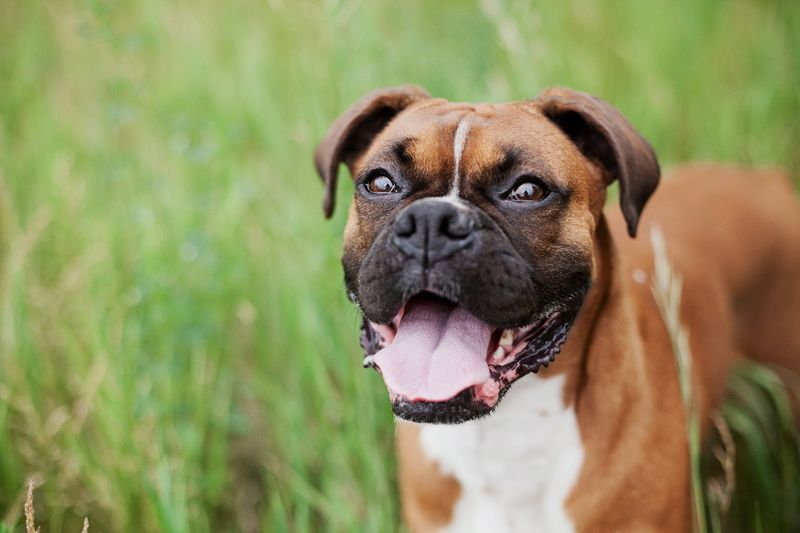
Boxers wear their hearts on their sleeves – their expressive faces telegraph joy, not aggression. Those bouncy movements that look like dancing? That’s the famous ‘Boxer wiggle’ of excitement!
While protective of family, they’re naturally playful with visitors once introduced. A Boxer’s idea of defense is typically overwhelming someone with sloppy kisses rather than showing any truly threatening behavior.
10. Samoyed
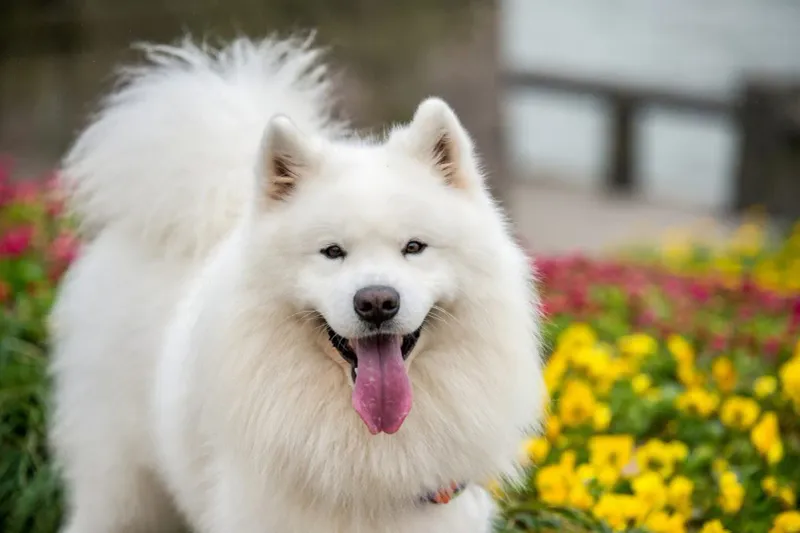
The famous ‘Sammy smile’ isn’t just cute – it’s an evolutionary adaptation preventing drooling in freezing Arctic conditions! These fluffy white clouds approach life with perpetual optimism.
Originally bred by the Samoyede people to herd reindeer and pull sleds, they developed a cooperative rather than aggressive nature. Their friendly disposition was essential for sleeping inside tents with their nomadic families during brutal Siberian winters.
11. Irish Setter
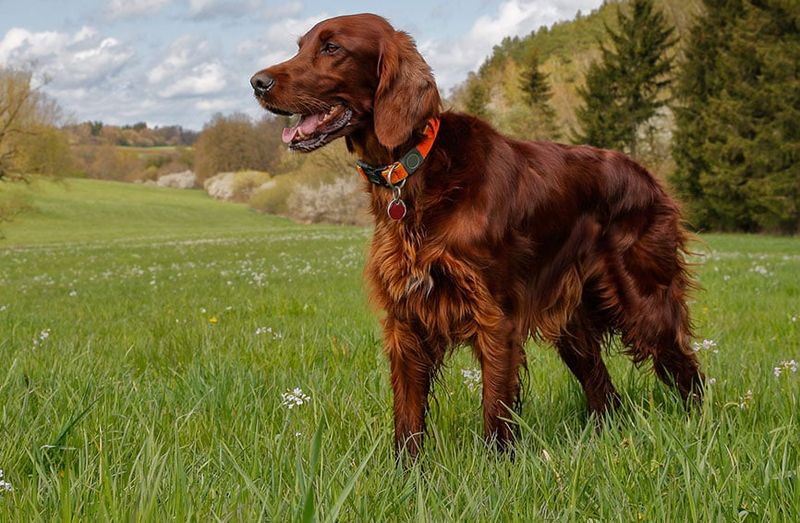
With flowing red coats catching the breeze, Irish Setters embody joyful elegance. Their enthusiasm for life is contagious – they simply have too much fun to waste energy on aggression.
These redheads form strong bonds with children, often appointing themselves as playmates and protectors. While originally bird dogs, modern Irish Setters channel their hunting energy into retrieving tennis balls rather than confrontational behaviors.
12. Pug
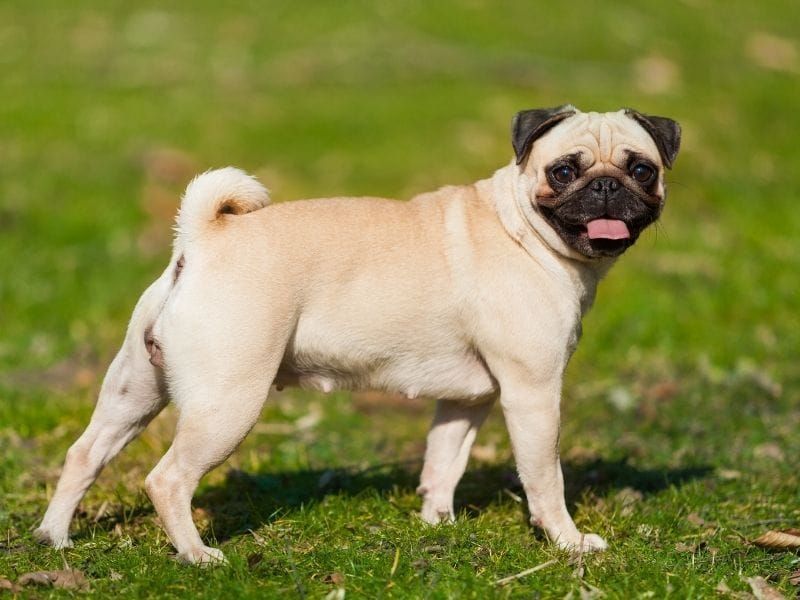
Those wrinkled faces seem permanently set to ‘amused.’ Pugs approach life as comedians, not fighters. Their history as companions to Chinese emperors means aggression was actively bred out for centuries.
Despite their stubborn streak, they’d rather charm than challenge. That distinctive snorting isn’t aggression – it’s just their unique breathing pattern! These little clowns consistently rank among the most even-tempered small breeds.
13. Bernese Mountain Dog
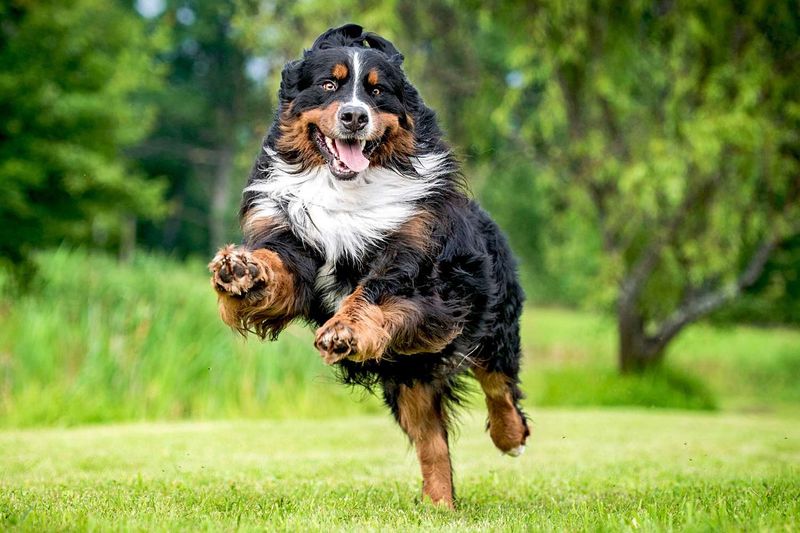
Mountain-sized hearts match their impressive stature! Berners move through life with deliberate gentleness, as if constantly aware of their size around smaller creatures.
Farm life origins taught them to work cooperatively with humans and animals alike. Their tricolor coats might look imposing, but their default expression is one of sweet earnestness rather than intimidation, making them exceptional family companions despite their impressive size.
14. Havanese
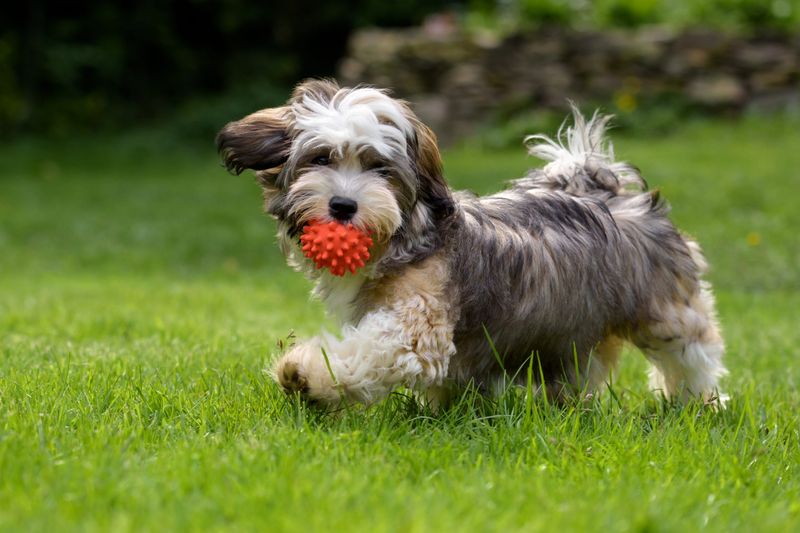
Cuba’s only native breed brings Caribbean warmth to every interaction! Havanese approach new situations with curious optimism rather than suspicion. Their silky coats hide surprisingly sturdy little bodies.
History reveals their popularity among Cuban aristocrats, who valued their cheerful, non-aggressive temperament. Remarkably adaptive, these little companions adjust their energy levels to match their environment – spirited outdoors, calm indoors.
15. Border Collie
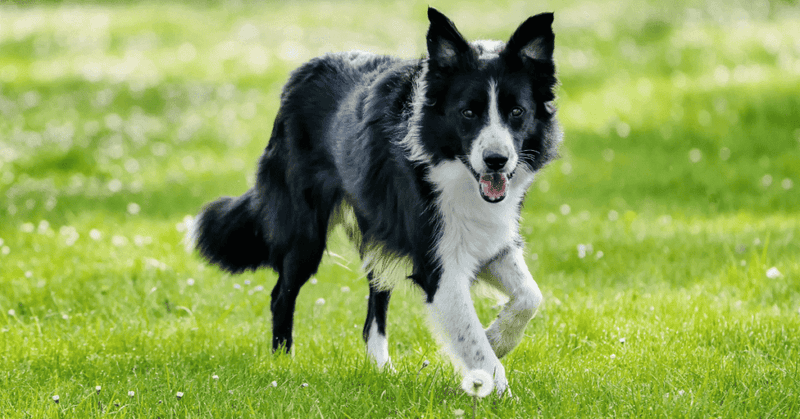
Mental brilliance doesn’t equal aggression in these canine Einsteins. Border Collies channel their legendary intelligence into problem-solving, not confrontation.
Their herding instinct means they might try to organize children through gentle nudging, never biting. While intensely focused, their sensitivity makes them more likely to feel hurt by harsh words than to display aggression themselves. These working dogs prefer mental challenges to physical altercations.

